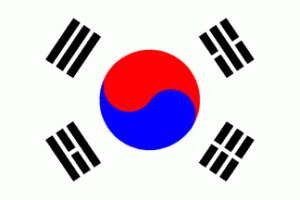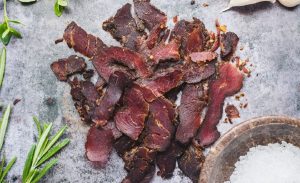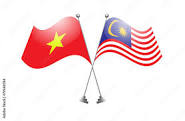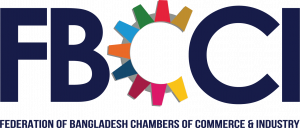South Korea wants a piece of the huge halal market in Southeast Asia and the Middle East, with some companies already starting to export halal-certified food products. But many are finding out that the venture is not that easy.
By
BUSAN, South Korea: One of the first things that come to the minds of  Koreans when they hear “seafood” is Busan.
Koreans when they hear “seafood” is Busan.
Located in the south of the country, the port city boasts the largest seafood market in South Korea, selling tonnes of fish not only from across South Korea, but around the world, every day.
The country has started exporting food products such as chicken with halal certificates, but not other popular food items like squid and mackerel. It is beginning with easier products, such as seaweed, which is very popular among Koreans, especially for women who have just given birth.
Kim Yang Chun, the head of Gijang Mulsan, famous for its seaweed, said he has received the halal certificate for his products and is now hoping to export them. But he is not sure where to even start.
“I found out that in the Middle East, there’s such a thing as Halal certification. And I thought if I got my products certified I could start exporting to the Middle East. But everything has come to stop after that,” he said.
Several other companies are in the same situation and learning that getting their products halal-certified is only the first step and there is still a lot more to do.
But halal has been the buzz since the visit to the Middle East by President Park Geun-hye earlier this year. Busan has even set up a team to help companies based in its city, like Gijang Mulsan, to get the halal certificate and venture out to the Middle East.
Riding this wave – the Technology Convergence Support Team is venturing into halal cosmetics next.
“Right now cosmetics don’t have to be halal-certified. But the labels are carefully examined to see what raw materials are used,” said Kim Han-shik, the team’s head chief.
“If there’s a halal-certification on them, then Muslims would feel reassured and will buy and use the products.”
With these first steps, South Korea is aiming to be a bigger player in the Islamic world, 23 percent of the global population.
– CNA/jb



